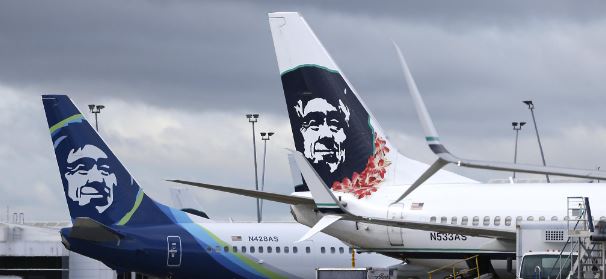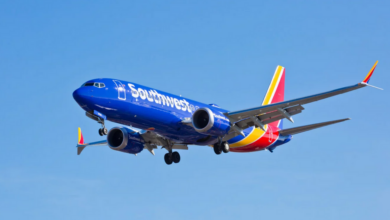Alaska Air’s Strategic Acquisition: A $1.9 Billion Deal for Hawaiian Airlines

Alaska Air Group Inc. announced its intention to acquire Hawaiian Holdings Inc., the parent company of Hawaiian Airlines, for a substantial $1.9 billion. This deal includes debt and represents a strategic move by Alaska Air in a sector where U.S. antitrust regulators are increasingly scrutinizing consolidations. The acquisition price, set at $18 per share in cash, is nearly four times Hawaiian’s closing price on Friday before the announcement. This significant premium reflects the recent struggles of Hawaiian Airlines, which faced a 65% drop in share price over the last year due to various challenges including the Maui wildfires, high fuel costs, and jet engine recall issues with some of its Airbus planes.
This acquisition is expected to attract close attention from antitrust regulators, especially in the context of recent challenges to airline mergers and acquisitions. U.S. antitrust enforcers have been wary of mergers between smaller airlines, despite the majority of the U.S. aviation sector being controlled by four major players: United Airlines, American Airlines, Delta Air Lines, and Southwest Airlines. This scrutiny comes in the wake of regulators successfully dissuading JetBlue from continuing a three-year-old alliance with American Airlines earlier this year.
By merging with Hawaiian, Alaska Air, which is currently valued at $5.1 billion, would gain control of over 50% of the market for Hawaii flights, a highly sought-after tourist destination. Ben Minicucci, CEO of Alaska Air, expressed optimism about the future strength of this market segment and confidence that the deal would be approved by regulators by the end of 2024. The two airlines have minimal overlap, operating in just 12 of the 1,400 flights they collectively run.
The deal is seen as financially advantageous for Alaska Air, which described its 270% premium offer as a bargain. Hawaiian is valued at 0.7 times its annual revenue in this deal, well below the industry average of 1.7 times. Alaska Air also anticipates a minimum of $235 million in annual savings from the acquisition. Hawaiian Airlines had reported a net loss of $159.3 million in the first nine months of 2023, but Alaska Air highlighted Hawaiian’s strong profitability history before these recent challenges. The acquisition is projected to yield high single-digit earnings gains for Alaska Airlines within the first two years without significantly impacting long-term balance sheet metrics.
Alaska Air approached Hawaiian over the summer to discuss a potential tie-up. Despite recent losses, Hawaiian Airlines has a history of profitability, with operating margins in the mid-teen percentages between 2010 and 2019. Alaska Air, having retired its Airbus planes acquired from Virgin America in 2016, currently operates a fleet of Boeing 737s. Post-acquisition, the combined company will operate a mixed fleet, with Seattle as its base and Honolulu becoming a key hub for Alaska Airlines.
This acquisition highlights the dynamic nature of the airline industry, where strategic moves can redefine market control and service offerings. The deal is a testament to Alaska Air’s commitment to expanding its network and enhancing its competitive position in the lucrative Hawaii travel market. As the acquisition process moves forward, the industry will closely monitor the response of regulatory bodies and the integration strategies of these two major airlines.





